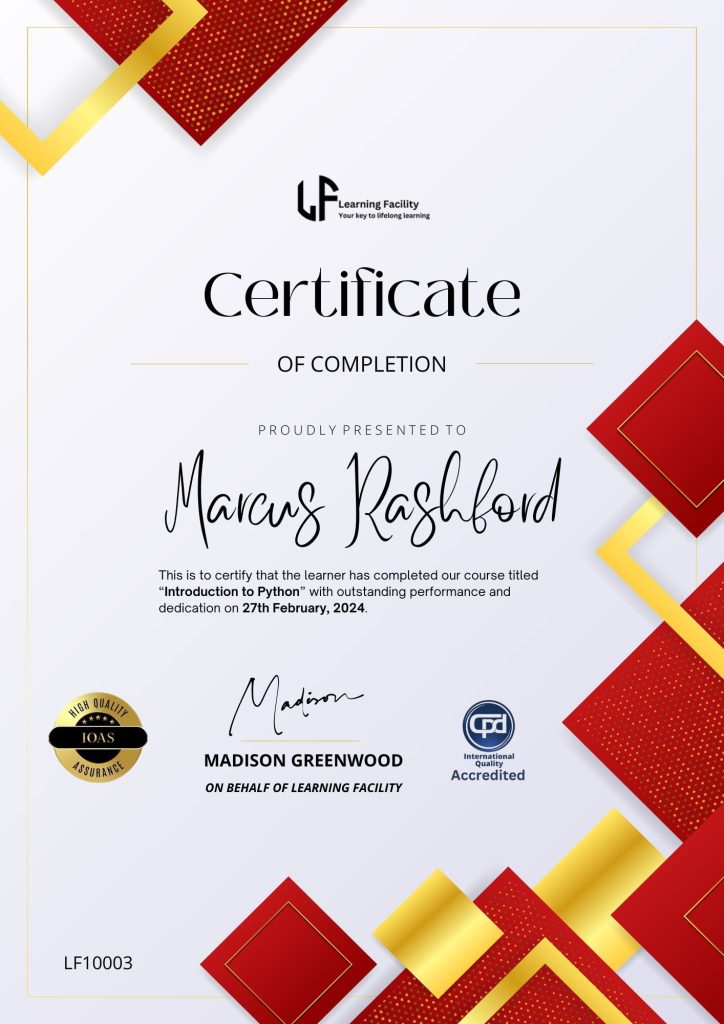“Engineering Calculus Made Simple (Derivatives)” is a comprehensive online course designed to help learners understand and master the fundamental concepts of derivatives in the context of engineering. This course breaks down complex topics into simple, digestible segments, making it easier for students to grasp the principles behind calculus and apply them to real-world engineering problems. Whether you’re tackling motion, optimization, or rates of change, this course will equip you with the tools to solve derivative-based problems with confidence.
Key Features of the Course
- Free PDF Certificate from Learning Facility
- Instant Access to the course materials
- Lifetime Access
Description
In this course, “Engineering Calculus Made Simple (Derivatives)”, you’ll dive into the core aspects of derivatives, starting from the basics and progressing to more complex topics. Learn the rules of differentiation, how to find the rate of change, and apply these techniques to engineering problems such as velocity, acceleration, and optimization. Each lesson is structured to build on the previous one, providing a gradual and thorough understanding of calculus principles as they relate to engineering.
Who is this course for?
This course is ideal for students pursuing engineering, those looking to reinforce their understanding of calculus, or anyone interested in applying mathematical principles to real-world engineering problems. Whether you’re a beginner or looking to sharpen your skills, “Engineering Calculus Made Simple (Derivatives)” is designed to support a variety of learners.
Requirement
This course requires no formal qualification to start.
Career Path
Mastering derivatives through “Engineering Calculus Made Simple (Derivatives)” opens up opportunities in a wide range of engineering fields. With a solid understanding of derivatives, you’ll be well-prepared for careers in mechanical, civil, electrical, and aerospace engineering, as well as fields like data science, physics, and economics where calculus plays a critical role in problem-solving and analysis.

